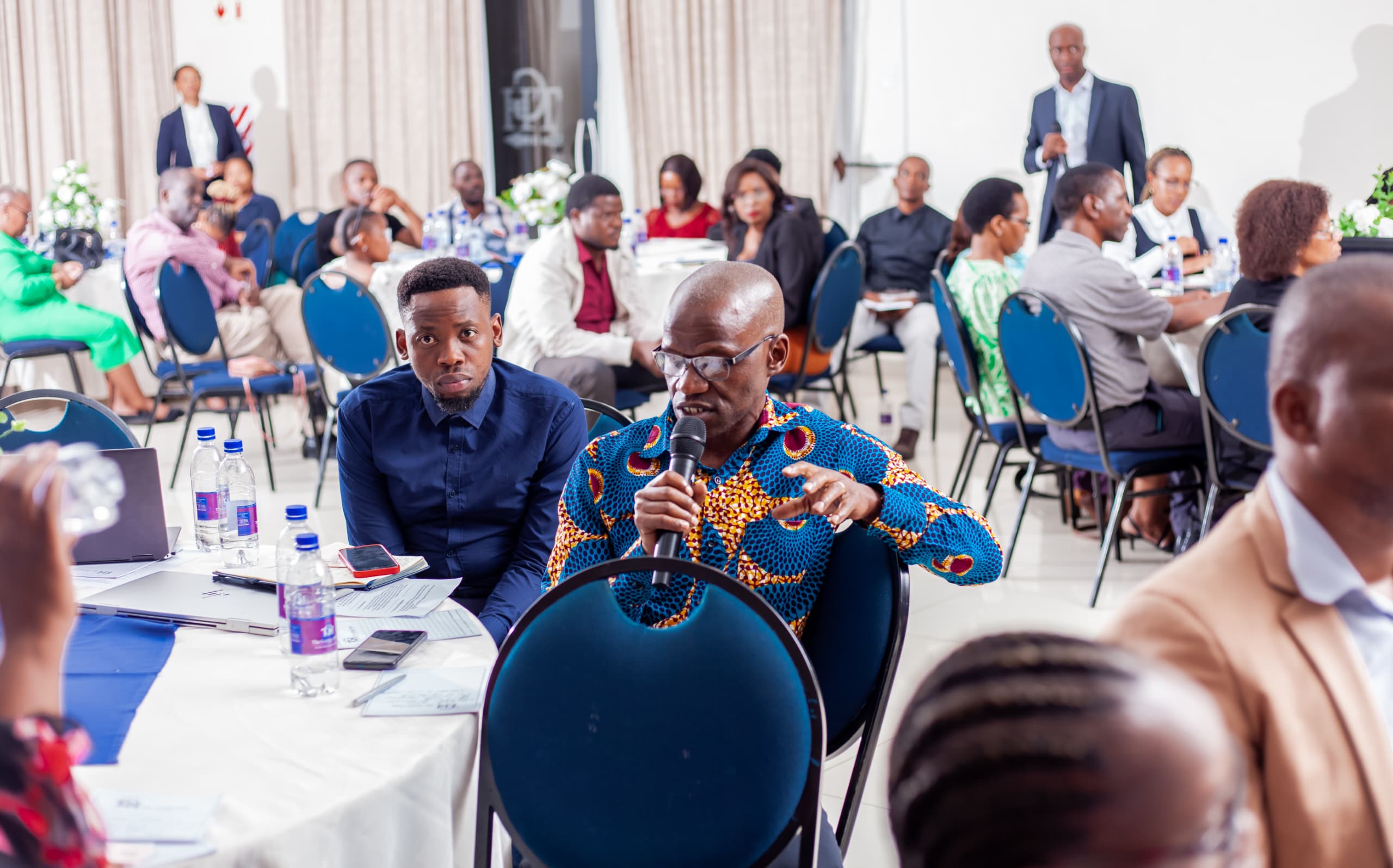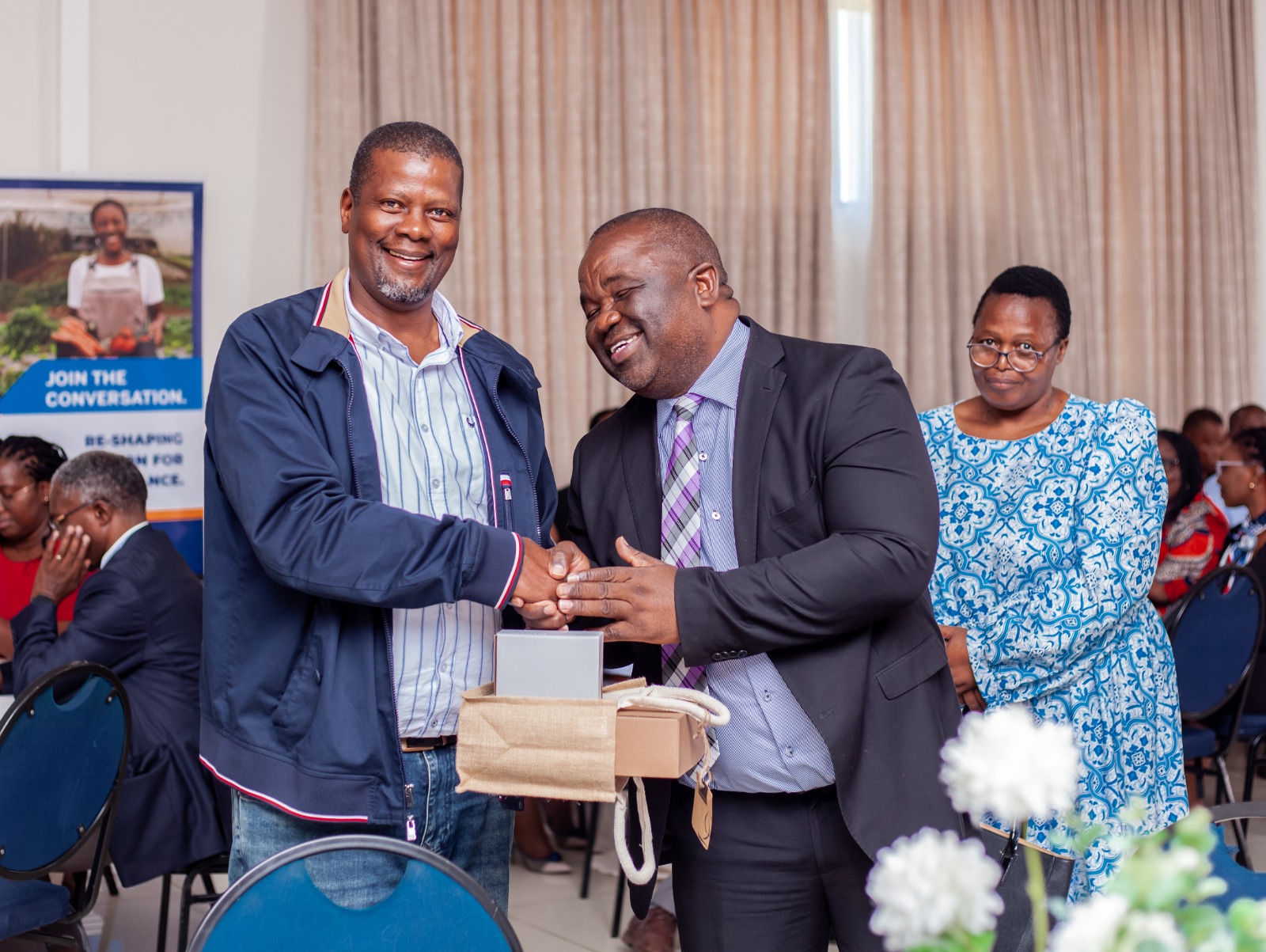…Higher Education and Industry Symposium Paves Path to Bridging Skills Gaps
By Own Correspondent
The Higher Education and Industry Symposium 2024 concluded with a strong call to action to address the growing skills mismatch in Eswatini.

It was organised by the Ministry of Education (MoET) and the Eswatini Higher Education Council (ESHEC) on November 20 and 21, 2024. Themed ‘Candid and In-depth Conversations Between Higher Education Institutions (HEIs) and Industry on Aligning Educational Programmes with Industry Needs,” the symposium brought together all HEIs, both private and public, leaders on education, leaders of industry, professional bodies, students, and policymakers to discuss solutions for creating a workforce and entrepreneurs ready for the rapidly evolving job market.

Private and public participated in the symposium. The industries that had high level representation included Information Communication and Technology, Financial Services, Agriculture Production, Energy and Water, Building, Construction, Engineering, professional bodies, and ultimately, the education sector.
Key Take Aways
Delegates made the following actionable recommendations:
- Curriculum Overhaul:
ESHEC, Industry and the HEIs committed themselves to strengthen collaborations to revamp the curriculums to align with market needs, integrating practical and industry-focused training alongside academic theory.
- AI and Technology Integration:
Recognising the impact of Artificial Intelligence (AI) on various sectors, the ESHEC, Industry and HEIs agreed to work together to strike a balance as they were encouraged to include AI, data analytics, and digital skills as core components of all degree programs.
- Strengthened Collaboration:
A collaborative framework between ESHEC, Industry and HEIs is to be strengthened. Regular consultations, internships, and industry-led workshops will ensure graduates acquire relevant skills.
- Career Guidance Systems:
To better prepare students for the workforce and entreprenuership, career guidance programmes will emphasise emerging job opportunities and industries that are gaining traction in Eswatini and globally.
- Upskilling and Reskilling Initiatives:
Continuous learning programmes for both students and professionals were emphasised to ensure they remain competitive in the face of technological advancements.
- Funding for Research and Innovation:
The government and private sector were urged to continue to fund research initiatives that respond to industry challenges, driving innovation and economic growth.

Way Forward
To put these recommendations into action, the symposium outlined a multi-pronged strategy:
Establishment of Think Tanks:
More Think Tanks and will be formed to assist with data-based evidence and direction. ESHEC will facilitate the monitoring of the implementation of the recommendations, ensuring accountability and tangible progress.
Development of Industry-Focused Programmes:
ESHEC and HEIs will strengthen collaborating with industries to design specialised courses and training programmes tailored to their needs. Short courses will also be designed for all levels of society to sharpen their skills.
Periodic Review Forums:
Periodic roundtables will track progress and allow stakeholders to reassess and update strategies in line with technological and economic shifts.
Policy Reforms:
The Ministry of Education pledged to continue to put in place policies that encourage innovation, bridge skills gaps, and foster partnerships between academia and industries.

As the symposium ended, there was a renewed sense of optimism among delegates. By addressing the skills mismatch and incorporating AI-focused education, Eswatini is poised to create a dynamic workforce and entrepreneurs capable of meeting both current and future demands.
ESHEC CEO Dr Loretta Mkhonta issued a call to action for all – all stakeholders must unite to ensure education is no longer an isolated system but a key driver of industry and national development.








